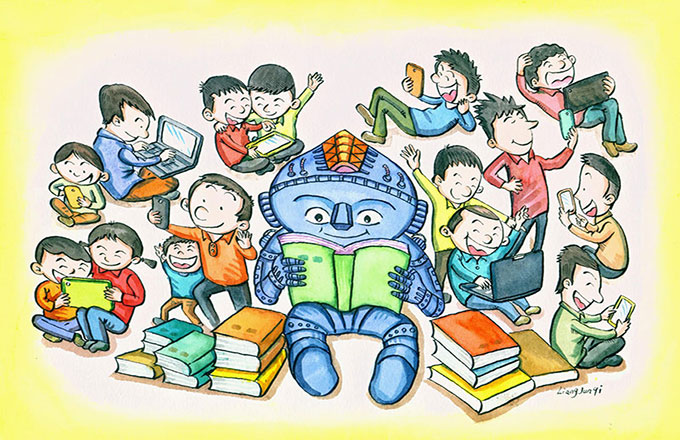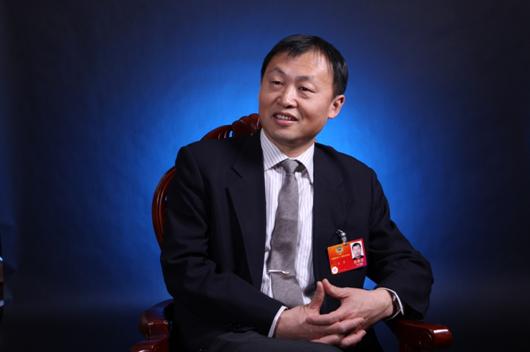A growing quandary
China is seeking to find a balance between its identity as a developing country and its identity as an emerging power
China is both a developing country and an emerging power; a subtle balancing between yin and yang as it were. The ultimate synthesis is a China that sees itself as a "responsible power": the self-image of a country that wishes to develop peacefully, stage a revival whilst remaining faithful to its rich cultural heritage and identity. The rhetoric is one of a harmonious world calling for a more proactive foreign policy to build a world order where states can be equal and have mutual trust, common security can be achieved, diversity of civilizations can be maintained and win-win cooperation leads to common prosperity.
In the process of developing China's new self-image, the most challenging task for the new leadership in Beijing is to find a workable balance between China's weak power identity and strong power identity. While China outmatches other emerging powers in building up comprehensive national power, it remains in many ways a fragile power. Over the past decade, the Chinese economy achieved nearly double-digital growth per year. In 2003 China's GDP was $1.4 trillion and its per capita GDP was $1,090, in 2012 its GDP was more than $8 trillion, about 55 percent of the size of the US economy, and its per capital GDP exceeded $6,000. In 2011 it turned into the second largest economy in the world and in 2013 it has become the largest trading nation in the world.
However, all these successes notwithstanding, China's model of development is facing a lot of challenges. Even with all the efforts to stimulate domestic consumption, China continues to rely too much on exports and fixed asset investment and its economy is still wanting in terms of innovation and steering.
Although China has made enormous progress since the launch of the economic reforms, it still scores relatively low in terms of GDP per capita - a prime indicator of economic sophistication. In addition, it is facing a widening gap in prosperity levels between different regions, between urban and rural areas, and between the rich and poor. Finally, the ecological degradation of the country is a challenge of sorts.
While China tries to become a responsible global power, there are countervailing pressures. As economic growth continues the need for energy and other strategic resources increases accordingly, sustainable economic development in a peaceful way may be the final goal. But it cannot be realized without secured access to strategic resources and safe trading routes. Should these become endangered, the nation's development will be compromised. In such conditions, it is only natural to put one's own pressing interests first whenever possible and to look for ways to secure them. To cut a long story short: sustainable domestic economic development is the most pressing challenge; the evolution of China into a responsible global power is the long-term ambition.
While interdependence has been a feature of economic globalization all along, the rise of the emerging economies has turned global economic interdependence into a new playing field. As the new power constellation emerges, the challenge for all major players is not to slide into another era of great power rivalry. From the historical record we know that such colliding of national interests would severely weaken the possibility of sustainable domestic development for all players. In spite of all the friction and misunderstandings, it is mandatory to work together to enhance security, to guarantee that our policies benefit lasting stability and development, to invest in the safety of our energy supplies, to limit the impact of environmental hazards, to support effective governance and tackle non-traditional security threats.

























